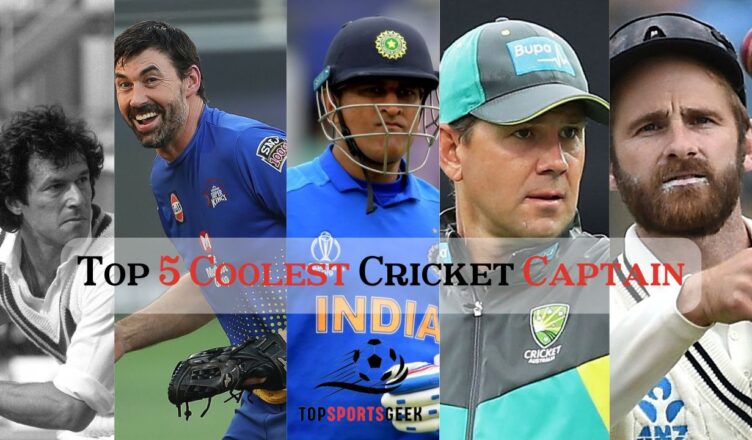In the game of cricket, a team’s future is greatly influenced by its leadership. The game has seen a number of outstanding captains over the years who have not only led their teams to victory but also done so with poise and assurance. These captains are notable for their ability to remain calm and composed under intense pressure, their strategic thinking, and their capacity to set an exemplary example. This article explores the top five most stylish captains in cricket history, who have made a lasting impression on the field and in the hearts of cricket enthusiasts everywhere.
Top 5 Coolest Cricket Captain of the World:
MS Dhoni (India):
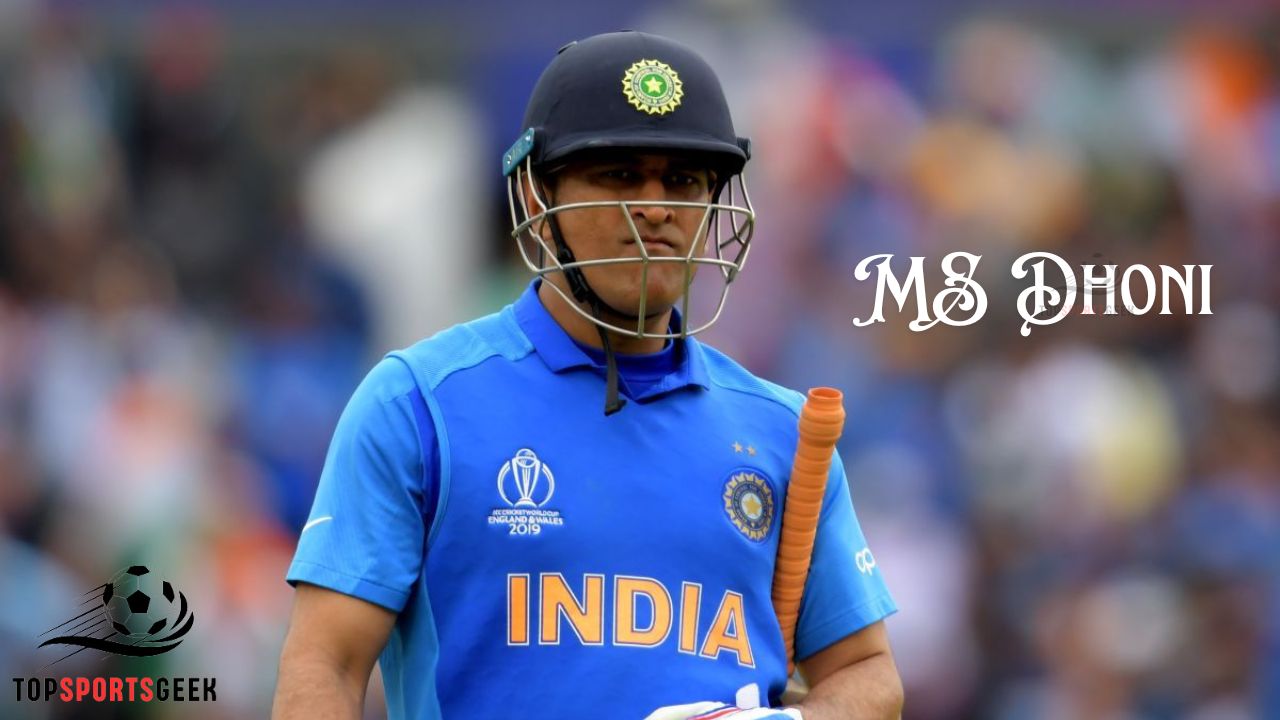
The moment anyone hears MS Dhoni’s, the first thing that comes in our mind is how he can be so calm in pressure situation during high voltage cricket game.
Coolness Factor: MSD known as Captain Cool, Dhoni’s calmness under intense pressure cannot be matched by anyone. He gave Indian cricket team victory in all three ICC trophies (ICC T20 World Cup 2007, ICC ODI World Cup 2011 and ICC Champions Trophy 2013) and he is known for his proactive sharp decision and his finishing skills while chasing the target.
Kane Williamson (New Zealand):
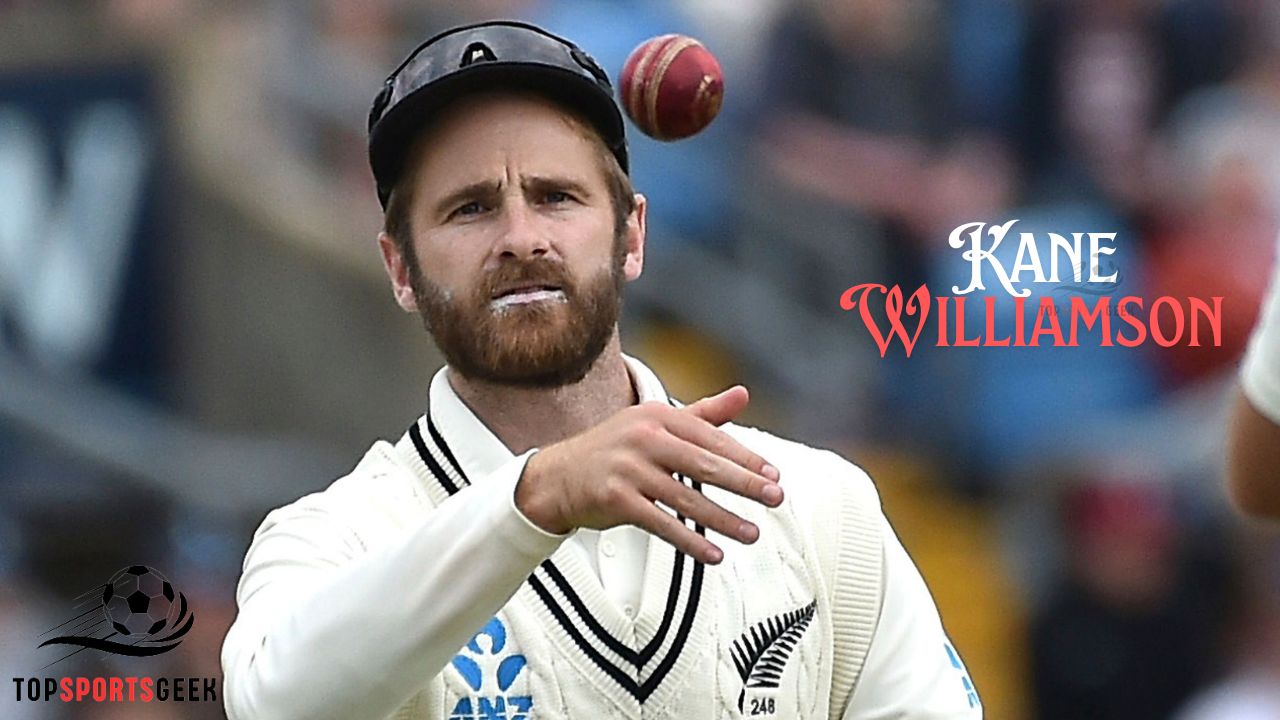
Kane Williamson is among the most well-liked cricket players in the modern era. Williamson, who is well-known for his cool head, good sportsmanship, and outstanding batting abilities, is frequently considered the model captain of today.
Ricky Ponting (Australia):
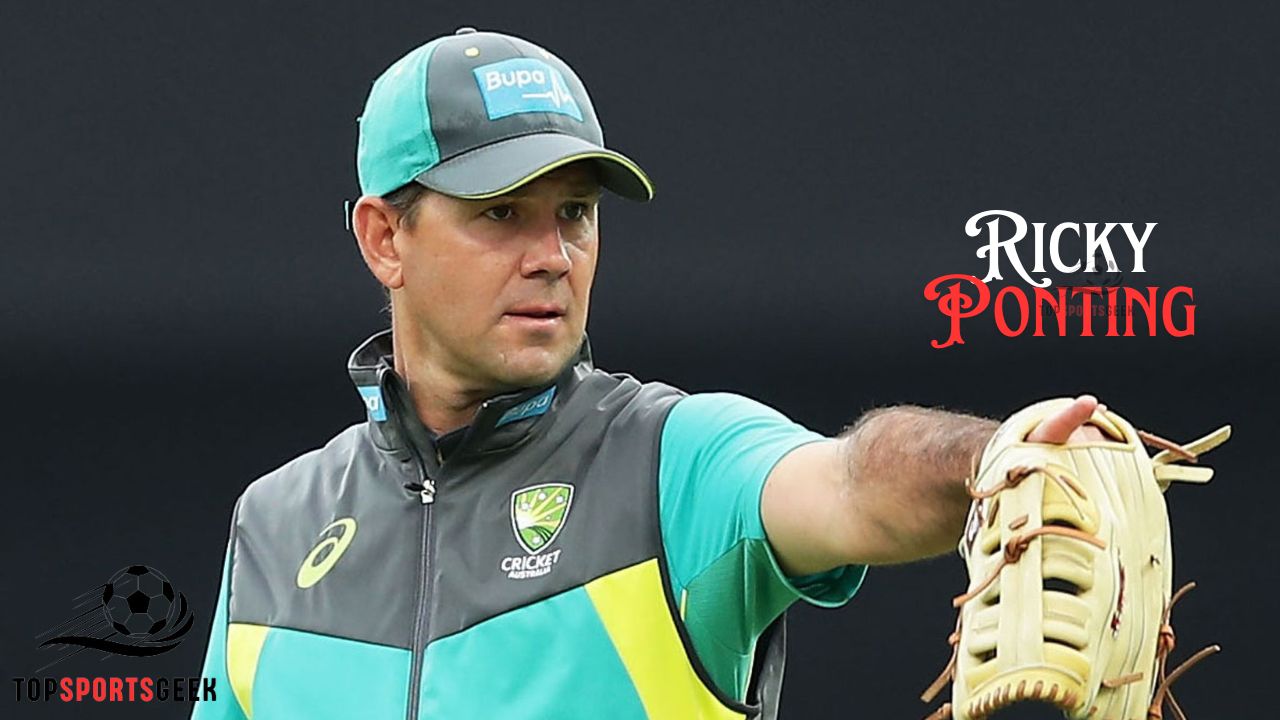
Ricky Ponting is mostly known for his combative on-field demeanor, he also possessed the indisputable capacity to remain composed under duress, making tactical choices that frequently swung games in Australia’s advantage.
Ponting is one of the most successful captains in World Cup history, leading Australia to back-to-back ICC Cricket World Cup titles in 2003 and 2007. The 2007 World Cup win was particularly dominant, with Australia going unbeaten throughout the tournament.
Stephen Fleming (New Zealand):
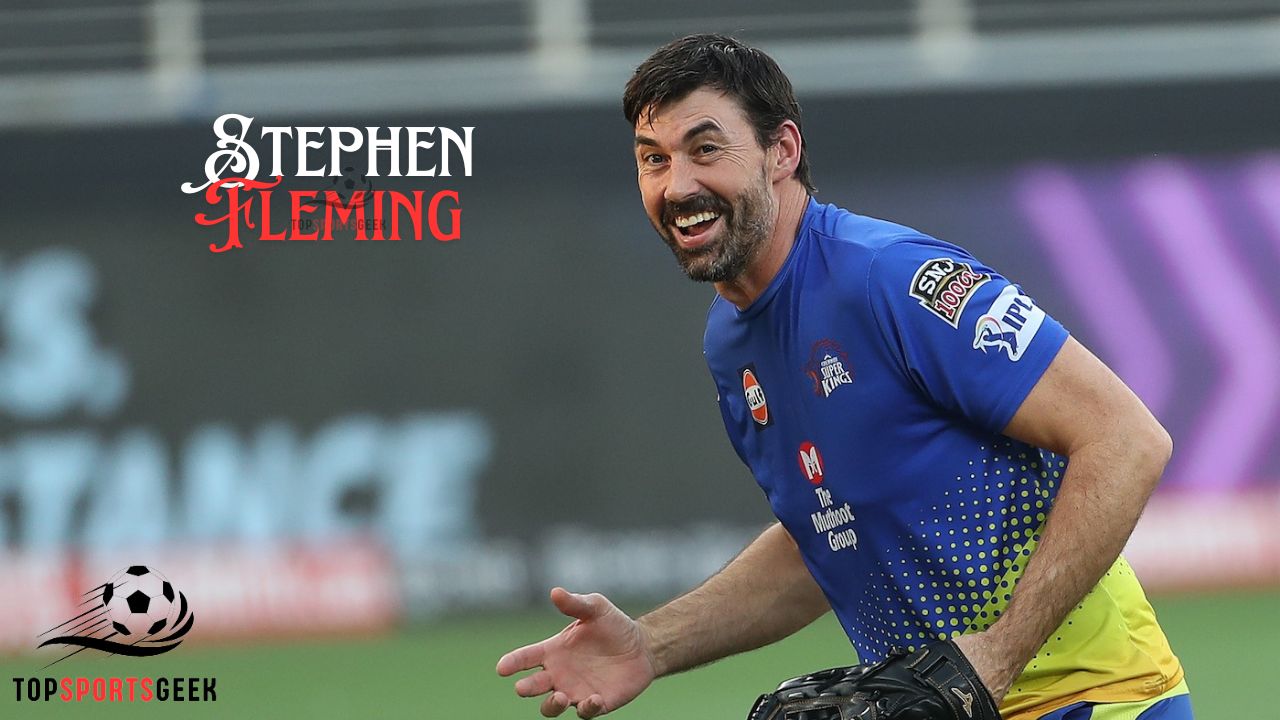
Stephen is one of the most accomplished and cool cricket captain in the world of cricket. Fleming’s nature is quiet and calm but his decision speaks out loud. He helped NZ cricket in the late 1990s and early 2000s. He is also well-known for his tactical skill, cool manner and shrewd leadership skills.
Fleming led New Zealand to their first-ever ICC Champions Trophy. It was a significant achievement for New Zealand cricket, and Fleming’s captaincy was widely praised for his ability to inspire the team.
Imran Khan (Pakistan):
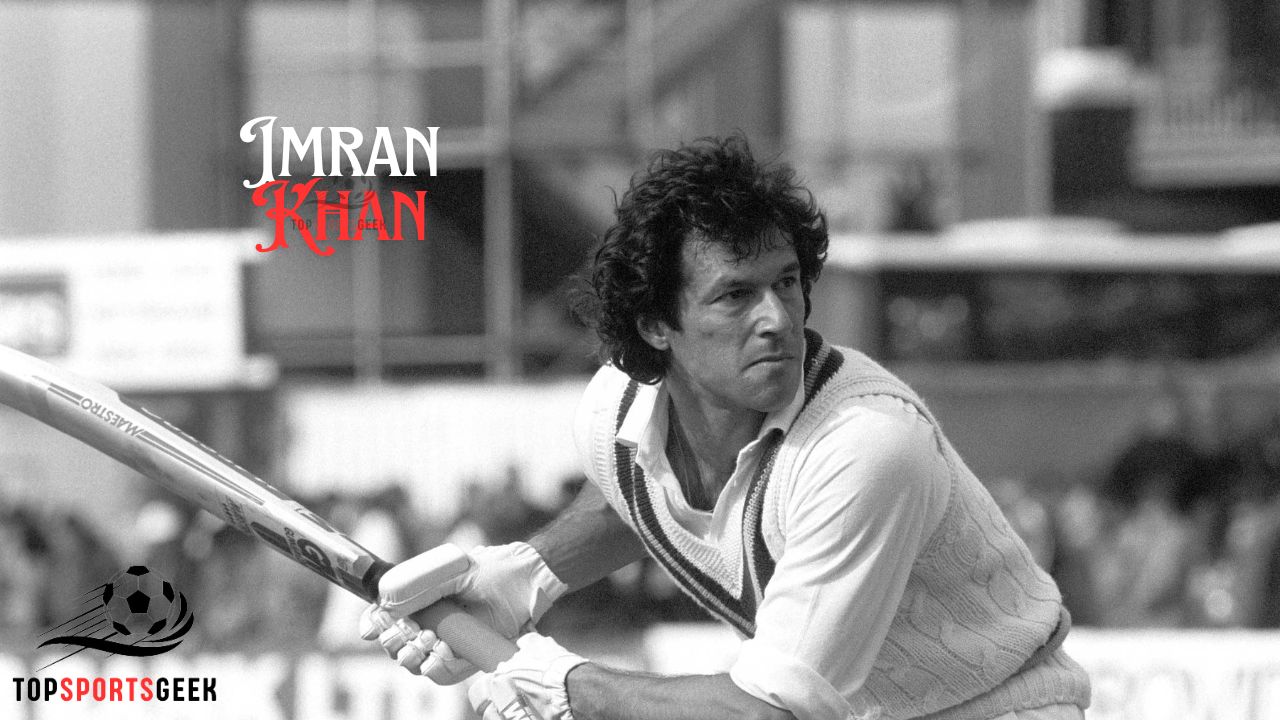
Imran is recognised by many as one of the best fast pace all-rounder and captain in cricket world. With his vision, aim, charisma and leadership both on field and off field has made him a legendary players of all time.
Imran is best remembered for leading Pakistan to its first and only ICC Cricket World Cup victory in 1992. Over the years, Imran developed into one of the best all-rounders, often compared to legends like Sir Ian Botham, Kapil Dev, and Richard Hadlee.
Similar traits between these captains:
- Calmness in Pressure Situations: All these captains were known for keeping their cool when things got tough, which helped their teams perform under pressure.
- Tactical Brilliance: Their ability to make smart, strategic decisions on the field was key to their success.
- Leading by Example: Whether through their batting, bowling, or leadership choices, they led from the front.
- Trust in Team: They built trust with their players, fostering strong team dynamics.
- Mentoring Future Generations: Each captain contributed to the development of younger players, ensuring long-term success for their teams.
These traits made them stand out as cool and effective leaders, setting a benchmark for captaincy in cricket.
Conclusion :
As this article’s featured captains have demonstrated, real cricket leadership is about poise, confidence, and the capacity to uplift others under duress in addition to strategies and numbers. These legendary cricket players have not only perfected the art of inspiring their sides to victory but have also epitomized composure and elegance in the face of adversity. Their enduring contributions to the sport serve as role models for upcoming leadership cohorts. These captains have demonstrated that composure is frequently the key to greatness in a game that requires both mental and physical toughness.

